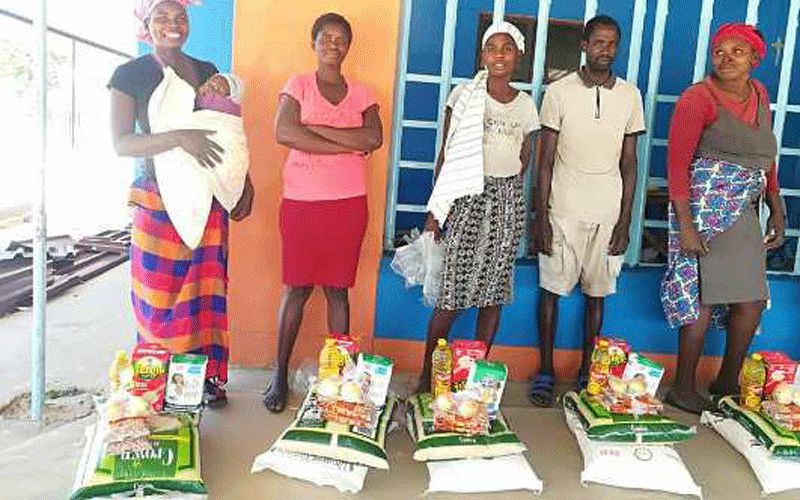Rundu, 26 June, 2020 / 9:30 pm (ACI Africa).
More than 300 vulnerable youth and children in the Southern African nation in Namibia affected by COVID-19 restrictions are receiving nutritional support through a feeding program at Don Bosco Youth Center, located in the Apostolic Vicariate of Rundu in the northern of the country.
Through funding from various partners, the U.S. development arm of the Religious Institute of the Salesians of Don Bosco (SDB), Salesian Missions, is facilitating the feeding program, the leadership of the project has said in a report shared with ACI Africa.
“The funding provided from Salesian Missions enabled us to feed the children, especially with the outbreak of coronavirus. The children were able to stay indoors during this tough time because of the food supply that was available for them,” the center’s Project Manager, Fr. Louis Malawi has said in a report published by the Salesian Missions official news service, the MissionNewswire.
In the June 25 report, Fr. Louis adds, “The aim of the feeding project is to provide food for the children who are now going through difficulties due to the hunger that has stricken the country.”
Opened in 2002 to provide shelter and services for homeless youth and vulnerable children, the center offers computer classes for 65 students, pre-school learning for 70 children, and school for 104 students who have dropped out of formal education, officials of Salesian Missions have reported.








